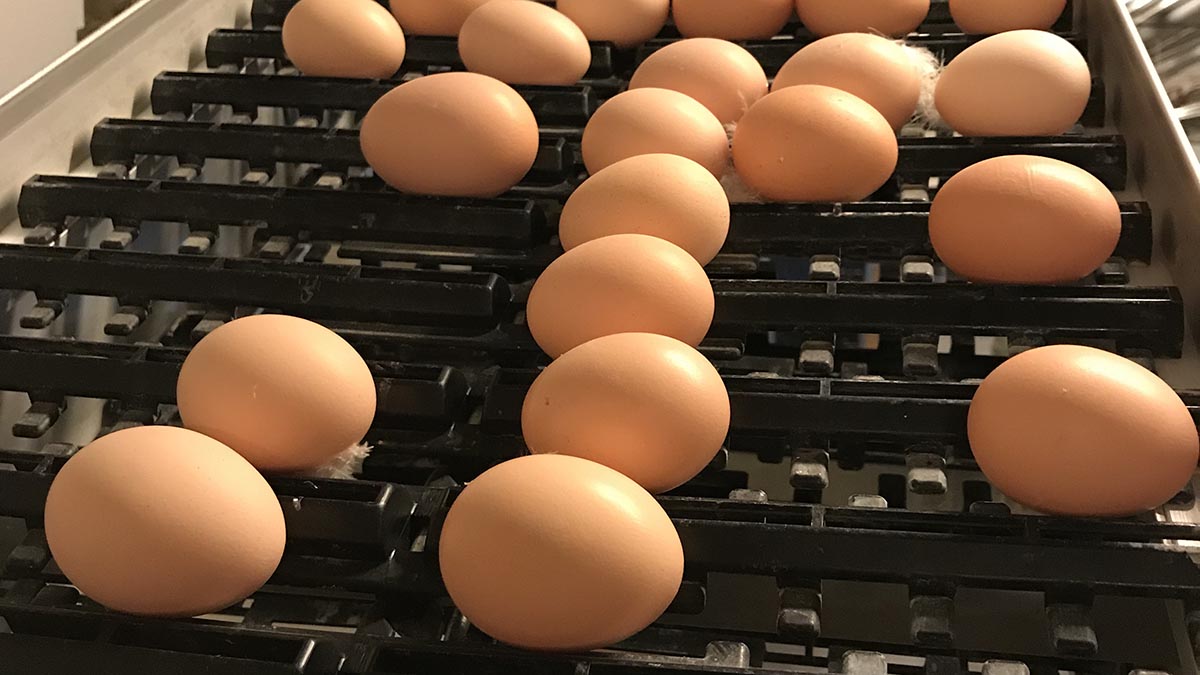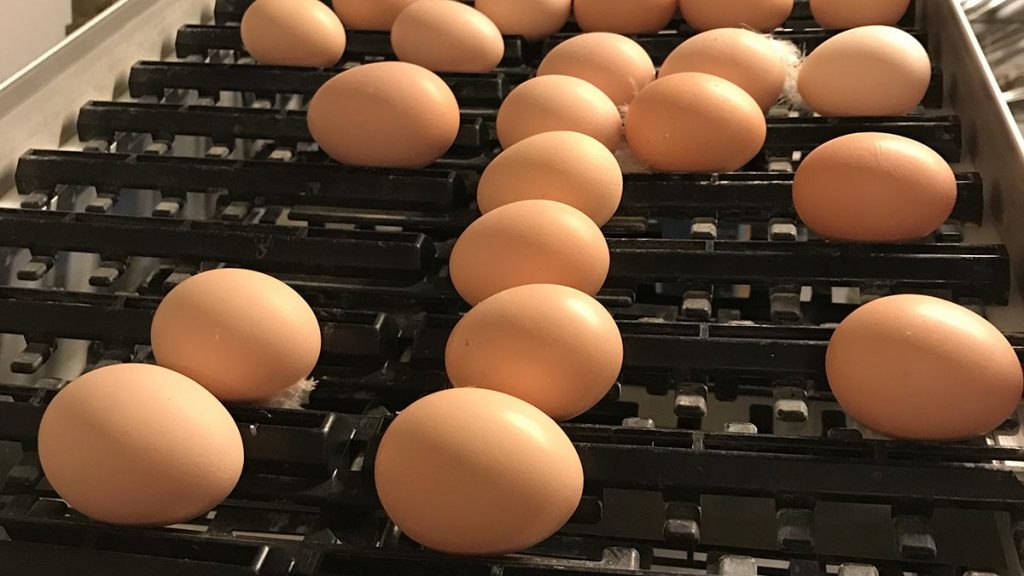Protein is one of the most important nutrient sources. However, the prices of meat have made it difficult for people to easily access this food source. Eggs on the other hand are affordable and a great substitute to meat, thanks to the quality vitamins and proteins present for a normal growth.
The video entails an explanation of how to build and manage a profitable egg production unit on a small scale.
There 4 main aspects of managing a successful egg production farming project.
- Hen management: for a promised egg production best chicken to purchase is high line brown. Preferably young hens called point of flay bullets, fully vaccinated and that are 18-19 weeks old, that are ready to lay eggs. The hens should produce eggs until they are 72-78 weeks of age and after sols as meat.
100 layers chicken = 90- 100 eggs/day.
Can be Barns, layer cages, chicken runs or hatches. Each chicken should at least room of 0.15meters square, to ensure that the chicken lay eggs efficiently hence maximize production. Observe cleanliness and disinfect the house. Then cover the floors with wood shavings or sawdust. The hen needs approximately 16hours of light daily, this can be done by light bulbs, with 16 hours of light each hen should lay about 280 eggs a year and with just normal natural light about 200 eggs per hen a year.
To lay eggs, hens need plenty of calcium on their diet. Each hen eats about 120-150 grams of feed/day. Ensure that there is always food present on their feeds and fresh water.
- Health and Diseases.
Lay bullets must be fully vaccinated against all major diseases. For adaptability of the new environment add a stress pack in their drinking water. If there is a sudden outbreak of a specific disease, e.g.: Newcastle disease, vaccinate all hens immediately. In the case of lice, treat the hens carbon dust powder.
High managements standards would result to great production and increase profit of the business.


